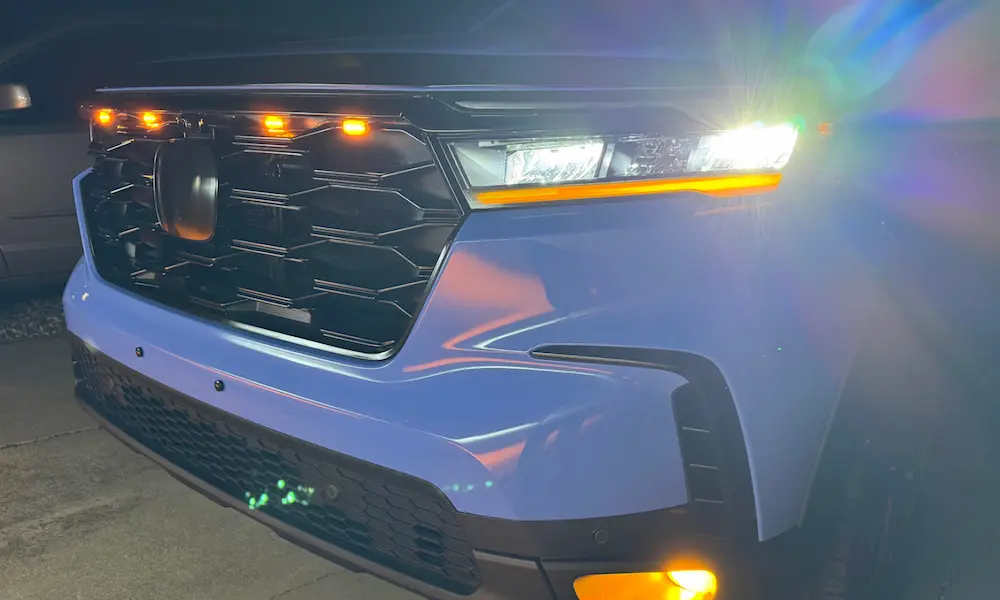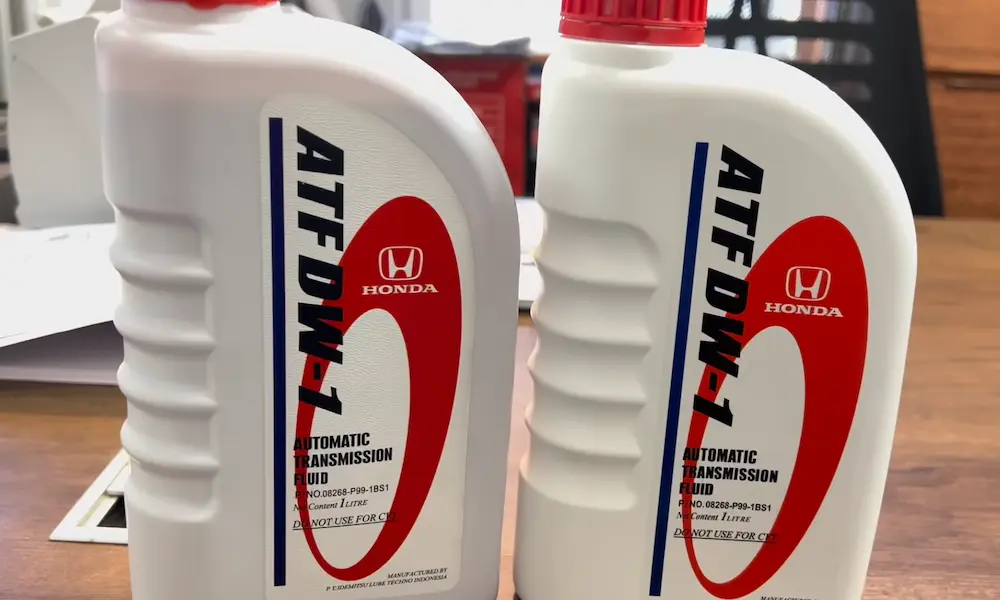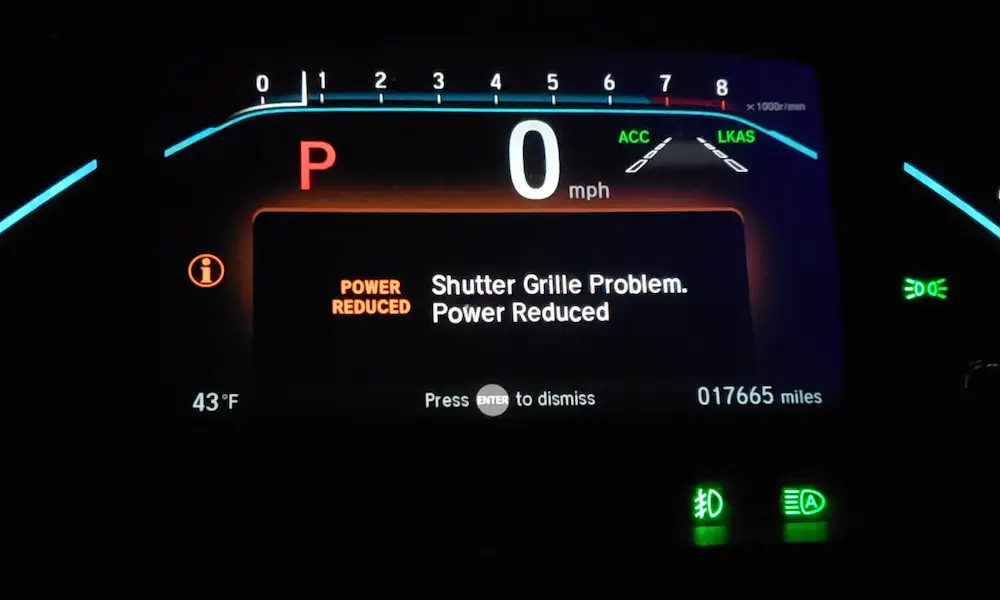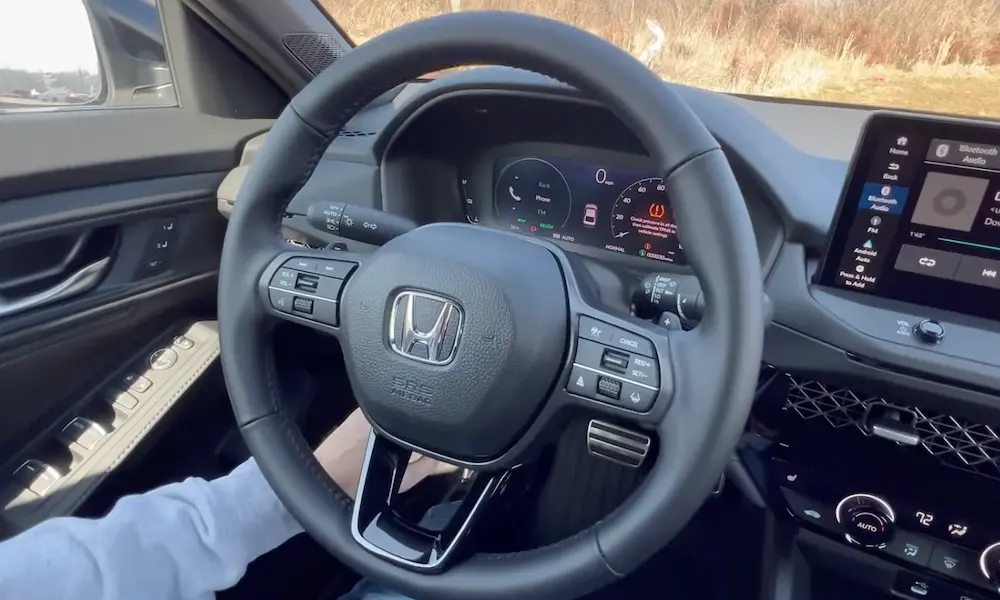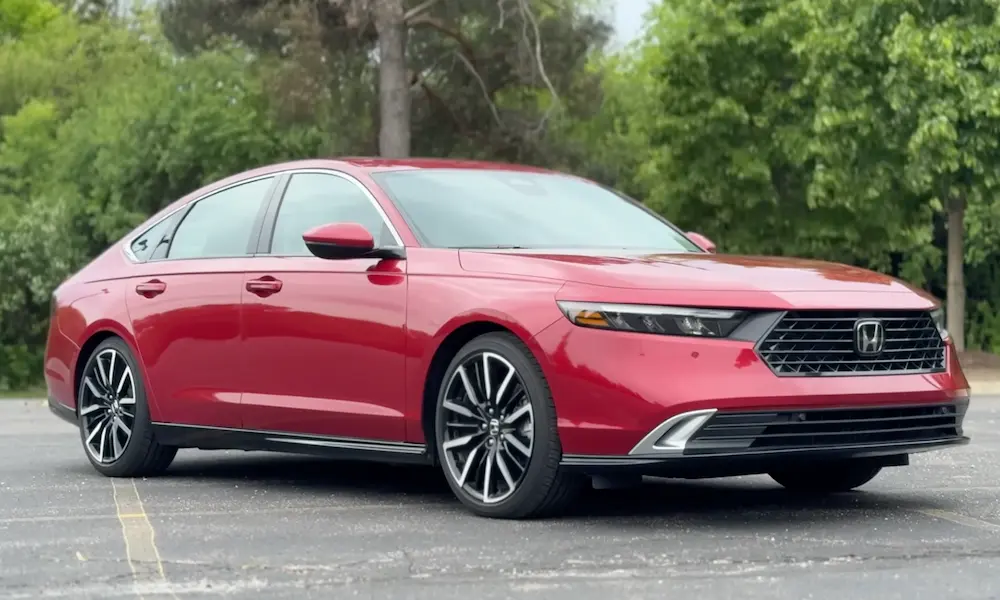If you’re a Honda owner, you might have heard about issues with the Honda CVT transmission. Common problems include jerking, vibrations, and unusual noises, which can make driving frustrating. This post explores these issues and offers insights into solutions, helping you understand what might be going wrong with your continuously variable transmission. Keep reading to find answers and tips that could solve your Honda transmission troubles.
Common Honda CVT Transmission Problems
When dealing with Honda CVT transmission issues, there are a few common problems you might encounter. These include fluid leaks, jerking and shuddering during acceleration, overheating, and unusual noises. Each issue can affect your driving experience, so it’s worth understanding them better.
Transmission Fluid Leaks
Transmission fluid is essential for keeping the CVT running smoothly. A leak can lead to a host of issues. You might notice spots of fluid under your car or experience poor performance. It’s crucial to address leaks quickly to prevent damage. Common causes include worn seals or cracked hoses. Regular checks can help you catch leaks early, ensuring your transmission remains in top shape.
Transmission Jerking and Shuddering
When you notice jerking or shuddering, especially during acceleration, it’s a red flag. Many drivers report this happening with their Honda CVTs. It could result from low or dirty transmission fluid, which affects performance. Sometimes, worn components are to blame. Regular maintenance and fluid checks can help minimize these issues, making your driving experience smoother.
Burning Smell and Overheating
A burning smell is not something you want coming from your car. In Honda CVTs, this could indicate overheating. Overheating might stem from low fluid levels or a failing cooling system. This can lead to serious damage if not addressed. Ensuring your transmission’s cooling system is functioning properly and that fluid levels are adequate is vital to avoid overheating problems.
Unusual Noises During Acceleration
If you hear loud noises when you accelerate, it could be due to your Honda CVT. These noises might mean there’s an issue with the transmission belts or pulleys. Often, this means parts are misaligned or worn out. Regular inspections and timely repairs can keep the noise down and ensure your CVT continues to operate quietly and efficiently.
Gear Shift Hesitation and Loss of Acceleration
Experiencing hesitation when changing gears or suddenly losing acceleration can be frustrating and potentially dangerous. This problem could arise from a failing transmission control module or insufficient transmission fluid. For Honda CVTs, it’s important to ensure proper fluid levels and have any faulty components checked. Addressing these issues quickly helps maintain the reliability and safety of your vehicle.
Honda Specific CVT Issues
Honda’s CVT transmissions have seen various concerns across different models. While many praise their smooth performance, some owners have noted specific issues. Understanding these problems can help you maintain and ensure the longevity of your vehicle.
Honda Civic CVT Concerns
The Honda Civic, known for its reliability, isn’t without its CVT issues. Some drivers report a jerking or jumping sensation during acceleration, particularly in earlier models. This can often be linked to transmission fluid needs or software updates. If you own a Civic, particularly a Honda Civic HX, it’s wise to monitor fluid levels and ensure regular maintenance.
Delayed response when shifting from “park” to “drive” is another potential issue with the Civic CVT. This delay could be due to sensor or software malfunctions. Always have a trusted mechanic assess any noticeable changes in performance to prevent further complications.
Honda Fit Transmission Challenges
The Honda Fit often faces challenges with its CVT, especially regarding its shifting smoothness. You might notice the engine revving unusually high without corresponding acceleration. This problem usually stems from wear and tear, affecting younger models of the Fit.
Regular transmission fluid changes are crucial for the Honda Fit. Ignoring this can exacerbate existing problems, leading to serious transmission failures. If the transmission becomes noisy or if shifts become harsh, it’s essential to consult with a professional to avoid costly repairs down the line.
Problems in the Honda Accord CVT
The Honda Accord, with its advanced features, occasionally suffers from CVT problems. Some drivers note slipping gears, which can affect overall driving safety. Addressing this early can prevent further damage. Maintaining proper fluid levels in the Accord is critical and can avert many issues associated with CVT problems.
Another common problem involves overheating, particularly in older models. If your Accord experiences temperature irregularities, installing coolers or changing fluids might be necessary. Be vigilant about dashboard warnings related to the transmission to ensure your Accord runs smoothly.
Honda CR-V and HR-V CVT Troubles
Both the Honda CR-V and HR-V have reported transmission vibrations and shaking, mainly when accelerating. This can stem from worn-out transmission mounts or low transmission fluid. Regular inspections and fluid checks help maintain the performance of these vehicles.
For the CR-V and HR-V, transmission fluid leaks have been documented, leading to severe complications if unresolved. Spotting any red or brown fluid beneath these vehicles should prompt a visit to your mechanic. Addressing leaks early can prevent expensive repairs and ensure your Honda’s CVT remains efficient.
Maintenance and Prevention
To keep your Honda CVT transmission running smoothly, focus on regular maintenance, managing fluid levels, and adopting good driving habits. These steps can help extend your transmission’s lifespan and prevent costly issues.
CVT Maintenance Schedule
Following a proper maintenance schedule is crucial. Regular inspections and service help detect problems early. Honda recommends getting your CVT checked every 30,000 to 60,000 miles. During these inspections, technicians assess the belts, gears, and other internal components. Additionally, they ensure there are no leaks or signs of wear. Sticking to this schedule can prevent most problems related to wear and tear. It also ensures that your transmission remains efficient and reliable over time.
Transmission Fluid and Filter Changes
Regular changes of CVT fluid and filters are vital. Dirty fluid can lead to power loss and make the transmission slip or jerk. Honda suggests changing the transmission fluid every 25,000 to 30,000 miles. Use only genuine Honda CVT fluid to avoid compatibility issues. Replacing filters during fluid changes can catch contaminants that may harm the transmission. This keeps your CVT working optimally and reduces the risk of overheating and failure.
Driving Habits That Affect CVT Longevity
How you drive can greatly impact CVT lifespan. Avoid rapid acceleration and harsh braking, as these can strain the transmission. Instead, opt for smoother driving habits. Try to maintain a steady speed and avoid aggressive starts and stops. Overloading your vehicle can also stress the CVT, so ensure you’re not exceeding load limits. Good driving practices can help your CVT last longer and perform better.
Legal and Warranty Information
When dealing with Honda CVT transmission problems, it’s important to know about recalls, ongoing lawsuits, and warranty coverage. This information can help you understand your rights and any steps you may need to take.
Recalls and Service Bulletins
Recalls are issued when a widespread problem affects vehicle safety. Honda has released service bulletins to address issues with the CVT transmission, such as early belt deterioration. These bulletins can lead to recalls if the problem endangers safety. You can check if your vehicle has a recall by looking up your Vehicle Identification Number (VIN) online. Staying informed about these updates is crucial, as they often mean free repairs or corrections for affected vehicles.
Existing Lawsuits Over CVT Problems
Several lawsuits have been filed against Honda concerning CVT transmission problems. Complainants often mention issues like transmission slipping or failure, leading to unexpected expenses for Honda owners. These lawsuits claim Honda should cover repair costs beyond standard warranty periods. If you experience similar problems, you may want to monitor these legal proceedings. It might affect your rights or provide options for compensation in the future. It’s wise to consult legal professionals to discuss your situation if needed.
Warranty Coverage For Your Honda CVT
Honda has extended the warranty coverage for some CVT models due to known issues. This extension covers 7 years from the original purchase date or 150,000 miles, whichever occurs first. While this is a positive step, it’s crucial to understand the terms. You won’t pay for certain repairs under this warranty, but not all problems are covered. For full details, check your specific vehicle’s warranty booklet or contact your local dealer. This warranty extension aims to ensure satisfaction with your vehicle’s transmission system.


